Would you ever venture into the ocean if you knew this creature could be lurking beneath you? It’s twice the size of a T. rex, its jaws are big enough to crush cars, and it can swallow multiple humans at a time!
This ancient beast is called a megalodon shark, and if it had never become extinct, it would have a surprisingly large impact on our lives. How would they change the way we use our oceans?
Would they pose a threat to people? And what are the chances that these creatures have been hiding deep in our oceans all this time?
Over the years, reports of megalodon sightings have emerged all over the internet. A lot of them claim that these giant sharks never went extinct, they’ve just been hiding in the deepest part of the ocean: the Mariana Trench.
Now, you can’t dive down there to check for yourself, but scientists say there is more than enough evidence to debunk these online accounts. If megalodon sharks were still around, we’d definitely know about it by now, and our oceans would be a lot more dangerous.
Here’s how we know that megalodon sharks haven’t just been hiding from us this whole time. For starters, if megalodon sharks still roamed our oceans, the last place they’d be going would be the Mariana Trench!
Megalodons were warm water mammals, so the frigid temperatures of the Mariana Trench would make it impossible for them to survive there. Plus, if these enormous sharks still existed, we’d be finding their signature giant bite marks on other large marine animals.
We’d also most likely have found at least one carcass or skeleton by now, but that hasn’t happened. The only remnants we’ve found of these prehistoric monsters are their teeth, and we’ve found a lot of them!
The reason megalodon teeth are so easy to find is because they produced a ton of them. Unlike humans, who only produce teeth during the early stages of life, sharks continue to produce new sets throughout their entire lives, losing their teeth almost every two weeks.
Their teeth would sink down to the bottom of the ocean, where they would likely be fossilized. Most megalodons would go through about 40,000 teeth in their lifetime; that’s a lot of remains left for us to discover.
Because we’ve never found an intact megalodon, there’s still a lot we don’t know about them, but this is what we’ve been able to find out so far. Megalodon sharks first showed up about 16 million years ago, and they were a dominant predator in the ocean.
Measuring anywhere between 10 to 18 meters (33 to 59 feet), these giant beasts preyed upon anything from fish to dolphins, and even whales! Then, about 2 million years ago, they disappeared off the face of the Earth, and scientists aren’t exactly sure why. One theory is that they became extinct due to decreasing food sources, and increasing competition for that food.
Another, more intriguing theory is that megalodons simply couldn’t adapt to the cooling ocean temperatures, and their prey kept moving to colder waters to escape them. Regardless of the reason behind their extinction, you can’t help but imagine how different our oceans would be today if they had survived.
It’s estimated that a megalodon ate about 1,100 kg (2,500 lbs) of food each day. If they were still around, and eating that much, then there’d barely be enough large fish left in the ocean for us.
And that wouldn’t be the only problem for the fishing industry. We could also see megalodons tracking fishing boats and stealing the fish they catch, just like some killer whales do.
With ocean temperatures warming up again, megalodons would be thriving and reproducing, resulting in even more of these giant mammals in the water. That would spell trouble for maritime shipping operations, cruise ships, and even beachgoers.
Megalodons gave birth in warm, shallow waters, so a nice recreational beach swim could become very dangerous for us. What would our planet look like if no animals ever went extinct?
Subscribe to What-If on YouTube or follow the show on Facebook Watch.
Sources
- “Megalodon | Size, Fossils, & Facts”. John P. Rafferty, 2019. Encyclopedia Britannica. Accessed November 16 2019.
- “Megalodon: the truth about the largest shark that ever lived”. Josh Davis, 2019. nhm.ac.uk. Accessed November 16 2019.
- “Huge Gangs Of Killer Whales Chasing Down And Harassing Alaskan Fishing Boats For Food”. Annie Garau, 2017. All That’s Interesting. Accessed November 16 2019.
- “Carcharodon Megalodon Teeth | American Museum Of Natural History”. 2019. American Museum Of Natural History. Accessed November 16 2019.
- “How Deep Is The Pacific Ocean?”. 2019. Reference. Accessed November 16 2019.
- “Killer whales are hunting fishing boats like prey“. CHRISTIAN COTRONEO, 2017. MNN – Mother Nature Network. Accessed November 16 2019.
- “Orca whale attacks boat during fishing excursion, Alaska man says”. 2017. cbsnews.com. Accessed November 16 2019.
- “New Scans Reveal What Lies Beneath Venice’s Canals”. David Bressan, 2017. forbes.com. Accessed November 16 2019.
- “What if Megalodon was alive?”. quora.com. Accessed November 16 2019.
- “The Real Megalodon: Prehistoric Shark Behind Doc Uproar”. 2013. nationalgeographic.com. Accessed November 16 2019.








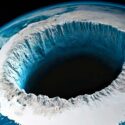



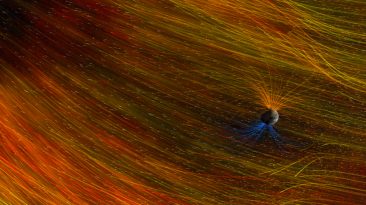


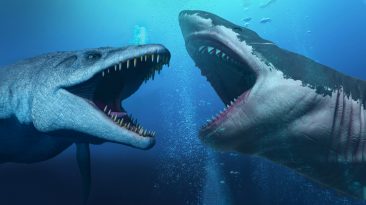


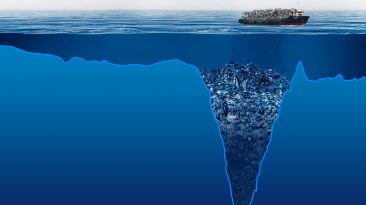
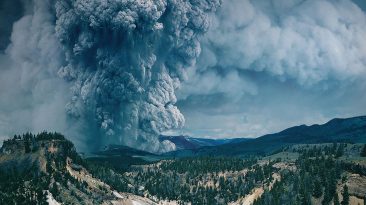
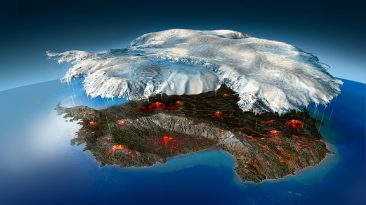







“Megalodons were warm water mammals” sharks aren’t mammals. Not even extinct ones.